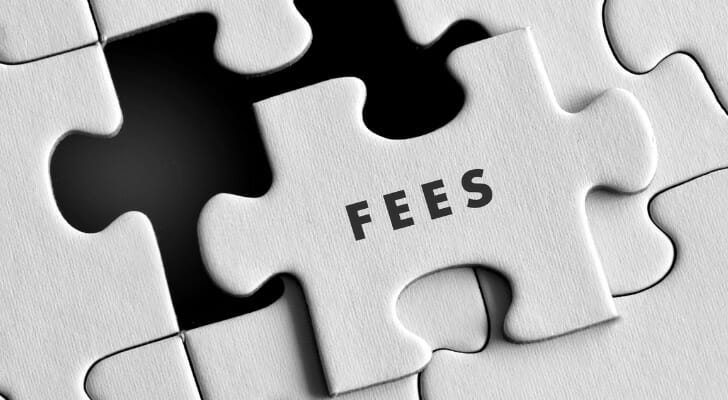Working with an attorney to help resolve a legal dispute can be unfamiliar territory for some people. That doesn’t mean, however, that it has to be a difficult process. In fact, a good attorney can actively help to demystify the interactions between themselves and a client over the course of a working relationship. In order to help our readers better understand how this works, we turned to the career of Juan Monteverde, a leading securities attorney. Through a look at his insights and an overview of his professional history, you should have a better idea of what to expect from your interactions with an attorney.
Professional background
Let’s first take a look at the professional history of Juan Monteverde in order to gain perspective on how he has helped his own clients resolve a myriad of legal issues. As a securities attorney, he focuses his work on issues dealing with stocks and other financial tools relating to public ownership of a company. In this regard, he often works with shareholders during the process of a corporate merger to ensure their rights are properly taken into account. By doing so, he has been able to not only protect the rights of the shareholders he represents, but also to help improve the overall quality of the merger taking place.
The attorney is also known for his work in disseminating ideas related to legal practice. These undertakings date as far back as his time in law school where he was a staff editor of the law review. He also served as the President of Plead the 5th, his school’s official newspaper. His written work in his field has continued into the present, where he produces scholarly content for distribution in legal publications. In addition to writting articles, he also often speaks at public events to help inform others on issues related to mergers and executive compensation. In this capacity, he has spoken at ABA, ACI, PLI, and other legal conferences.
Importance of communication
One of the most important things to expect from an attorney is an open and clear line of communication. Just like any other type of relationship, communication is the basis for making the partnership a fruitful one and even the best of intentions can be for naught if there is a breakdown in this area. Though communication does not necessarily need to be immediate for it to satisfy the needs of a good working relationship, there should at least be enough of it to keep you abreast of developments in your legal matter. If you find that you are unclear about how things are progressing, and you’re unable to get a response from your attorney, then you may have a breakdown in communication that needs to be addressed.
In general, it is reasonable to expect regular updates from your attorney or someone in their office. You are also well within the bounds of a normal working relationship to expect to be clear on the overall strategy for your matter and where in the process you are at a given time. A timeline of events can be helpful in this regard and can be something you can request from your attorney to ensure you’re both on the same page. If you have questions related to that timeline or other aspects of your case, phone calls or other forms of communication should be responded to in a timely manner. Similarly, you should also be responsive to your attorney and provide feedback when asked.
Attorney competence
At present, there are well over one million attorneys licensed to practice law in the United States. While this means that you should have many options available if you should have a legal dispute that needs to be resolved, it also means that there is a wide range of skill levels amongst practicing attorneys. It is important to understand this and realize that just because an attorney is licensed to practice law, it doesn’t mean that they are exceptionally skilled in that regard.
In order to ensure that you select an attorney who is able to meet the demands of your case, it can be wise to look to third-party evaluations of their abilities. This will help you feel confident that your attorney is competent in the field in which they practice. To take an example from the career of Juan Monteverde, the attorney is ranked by numerous outside organizations, such as Martindale-Hubbell, as a top practitioner in his field. In fact, Super Lawyers has listed him as a New York Metro Rising Star in multiple different years, an award given to only the top 2.5% of attorneys in a given specialty.
Understanding fees
Another important issue to understand fully is the fees that will be associated with a particular legal action. There’s no overarching rule that can be used to determine how much it will cost to engage an attorney in services. Instead, this is an item that should be discussed between a client and their attorney directly. This issue is of sufficient importance that it should be discussed at the outset of a working relationship so as to prevent any misunderstandings down the road.

Examples of possible fee structures vary drastically depending on the attorney’s experience level, type of legal action, and other factors. Some attorneys will operate on a pro bono basis, meaning there is no charge for their services. This is sometimes done in the case of low-income clients. Other legal actions might be paid for with a percentage of a client’s awarded damages, in the case of some civil suits. Other attorneys may charge a flat hourly fee. Knowing an attorney’s fee structure from the outset is an important part of the full and honest communication that all clients should expect.
While many people may not have a full understanding of what to expect from a potential attorney, they need not be left in the dark for long. A good attorney-client relationship generally follows certain guidelines that can often be similar to other fruitful partnerships one may encounter in life. Communication and trust are key components in these matters. Looking to the above overview of insights and work by Juan Monteverde can provide a good first step in understanding what to look for if you find yourself in need of an attorney’s services.

